Bipartisan Senate Farm Bill includes major victories for sportsmen, wildlife, and water quality
Today the U.S. Senate Agriculture Committee passed its 2018 Farm Bill, “The Agriculture Improvement Act of 2018,” with a 20-1 vote. The Senate version of the bill shows bipartisan support for maintaining overall conservation funding on private lands, strengthening conservation compliance, and fully funding the Voluntary Public Access program that helps to enhance hunting and fishing opportunities on private land.
“This bipartisan Farm Bill sets the high-water mark for conservation on private lands that make up more than 70 percent of the country,” says Whit Fosburgh, president and CEO of the Theodore Roosevelt Conservation Partnership. “We applaud Chairman Roberts and Ranking Member Stabenow for producing a bill that meets some of the most pressing needs around habitat conservation and sportsmen’s access.”
Over the past two years, the TRCP and its 25-member Agriculture and Wildlife Working Group have developed and lobbied for key sportsmen’s priorities in this Farm Bill, and many have been included in the Senate committee’s draft—particularly full funding for conservation. In light of the proposal to cut conservation spending by nearly a billion dollars in the House version of the bill, the TRCP and more than 100 other hunting, fishing, conservation, food and farm organizations and businesses sent a letter to the Senate Agriculture Committee in May requesting full funding for conservation.
The TRCP is particularly grateful to see a renewed commitment to enhancing hunting and fishing access by maintaining level funding for the Voluntary Public Access and Habitat Incentive Program—the only federal program helping to expand hunting and fishing opportunities through partnerships with landowners. “We recognize it was a hard-fought bipartisan negotiation just to maintain VPA-HIP funding, and we look forward to working toward funding levels that better meet landowner demand,” says Fosburgh.
Sportsmen should also be pleased to see positive improvements for these three key conservation programs:
- The percentage of Environmental Quality Incentive Program funds that must be used on farming practices that benefit wildlife increased from 5 percent to 10 percent.
- Additional funding and flexibility was proposed for the Regional Conservation Partnership Program, which funds projects to improve wildlife habitat and water quality on a watershed scale.
- Funding for the Agriculture Conservation Easement Program got a boost—the high demand for ACEP dollars to create wetland and agricultural easements far outstrips current budgets.
The Senate bill also maintains conservation compliance—the compact between America’s taxpayers and landowners that ensures incentive funding is being put into conservation on the ground—and closing the “perennial crop loophole,” which allows producers to sidestep conservation compliance by converting native sod to crops like alfalfa that have minimal wildlife benefits.
Hunting and fishing in America accounts for $63 billion in direct consumer spending and supports 483,000 jobs, according to the Outdoor Industry Association. The future success of this vibrant economic sector is dependent upon clean water, fish and wildlife habitat, and adequate public access to outdoor recreation. The tools provided by the Farm Bill can play a significant role in boosting all three.
Provisions in the House Farm Bill do not currently match this Senate version, although there is much to celebrate in both. Sportsmen’s groups look forward to working with Congress to build a bipartisan conservation title that pulls the best features of each proposal into a Farm Bill that can be signed into law on time.
While this debate continues, brush up on your Farm Bill basics here.
Top photo by Chesapeake Bay Program via flickr

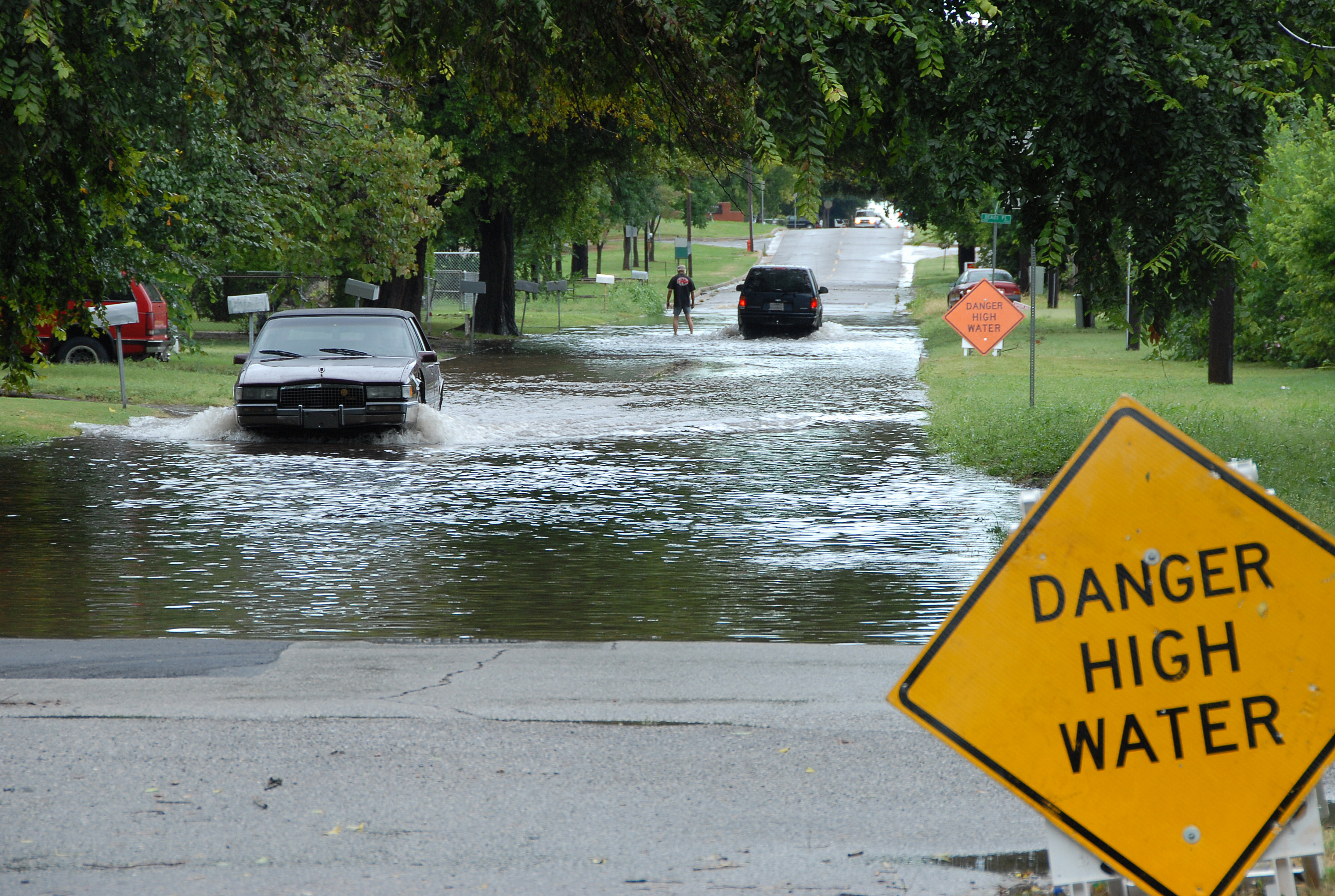


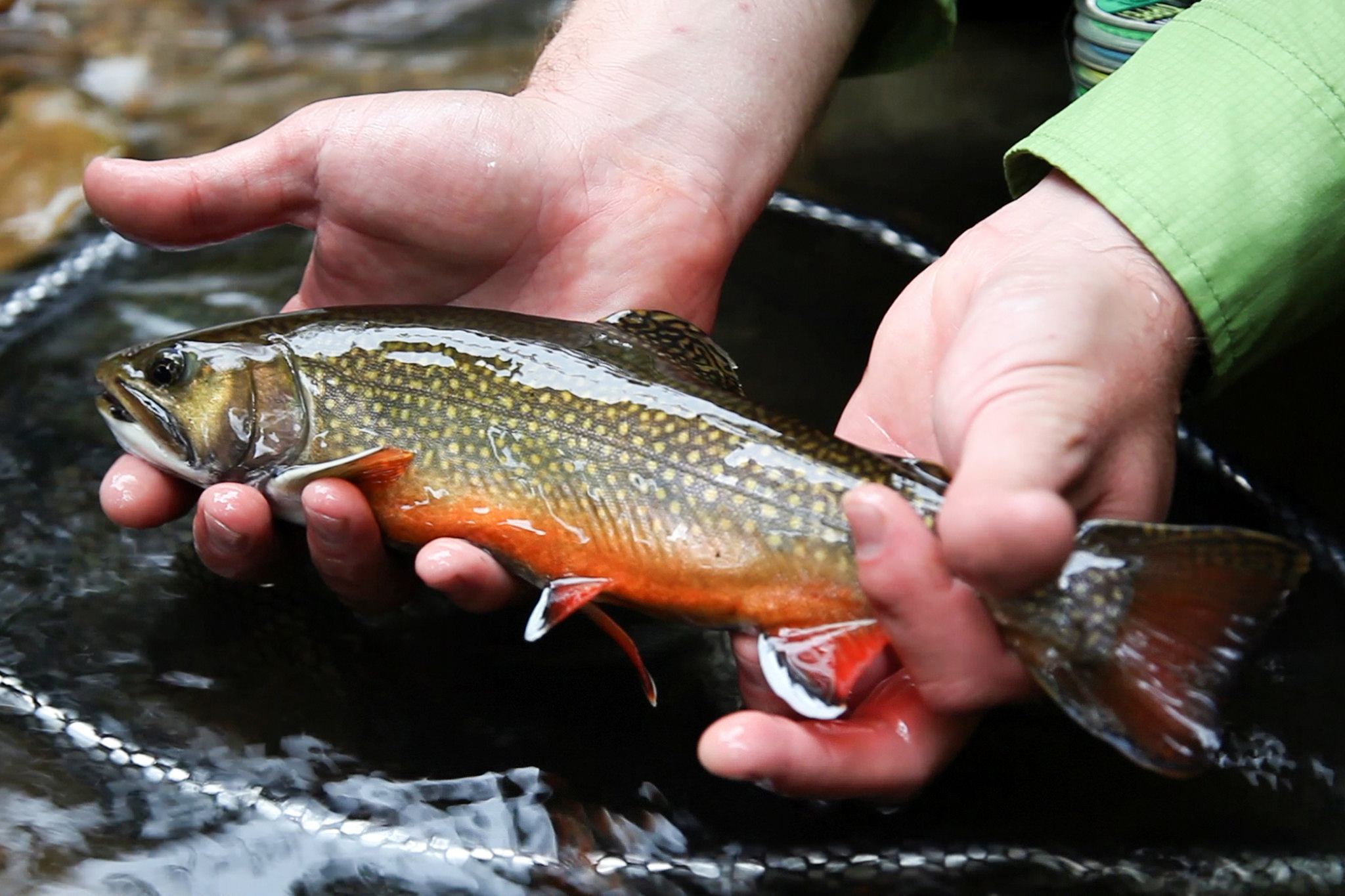
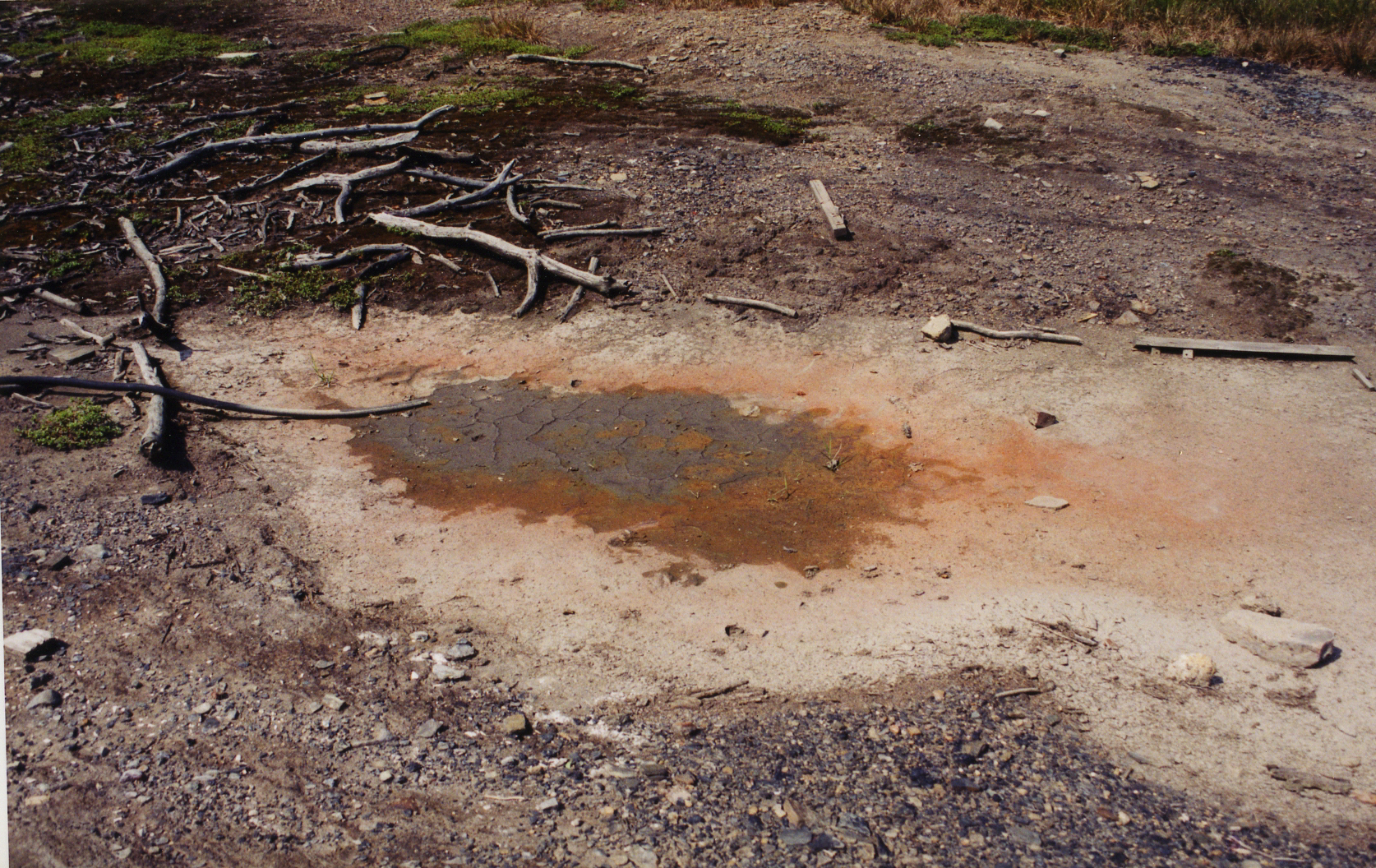
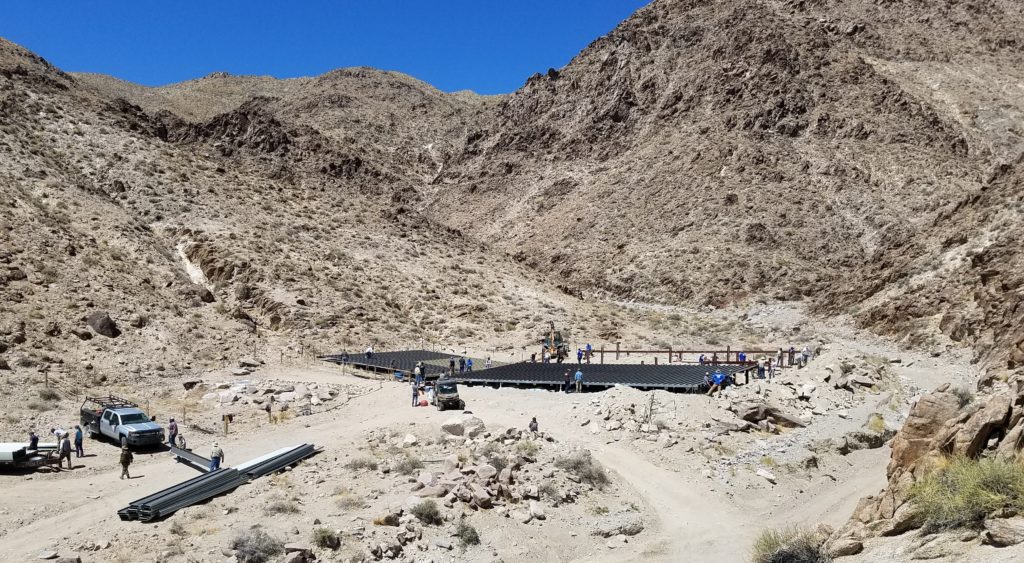

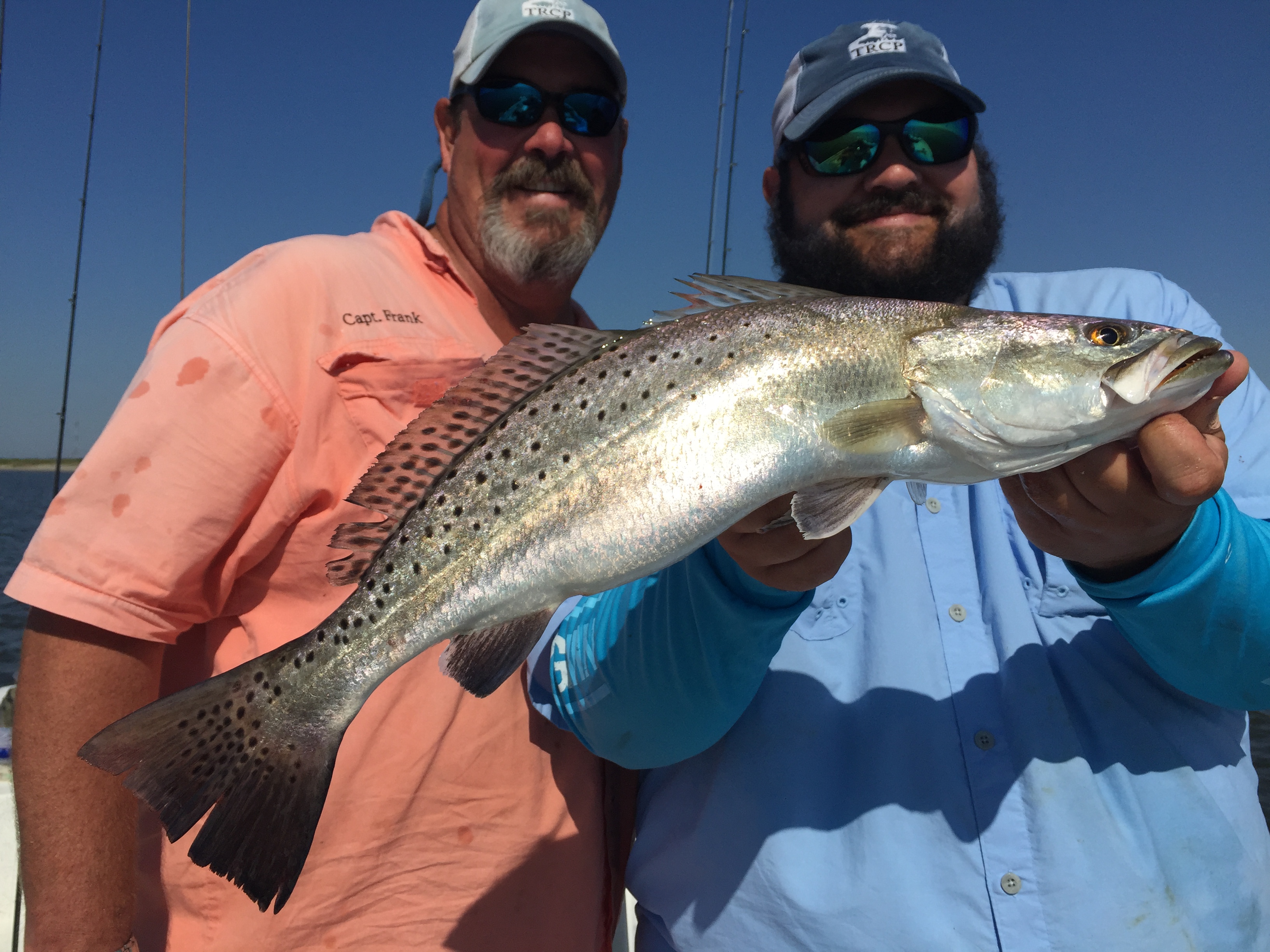





This is indeed good news. I am a birder and director on the National Audubon board. We can all celebrate clean air ,water access and best conservation
practices.
Wonderful news, Sportsmen now have a responsibility to respect private lands and respect the landowners willing to allow access and share their lands with hunters and fishermen. Bravo and thanks to these folks, JW